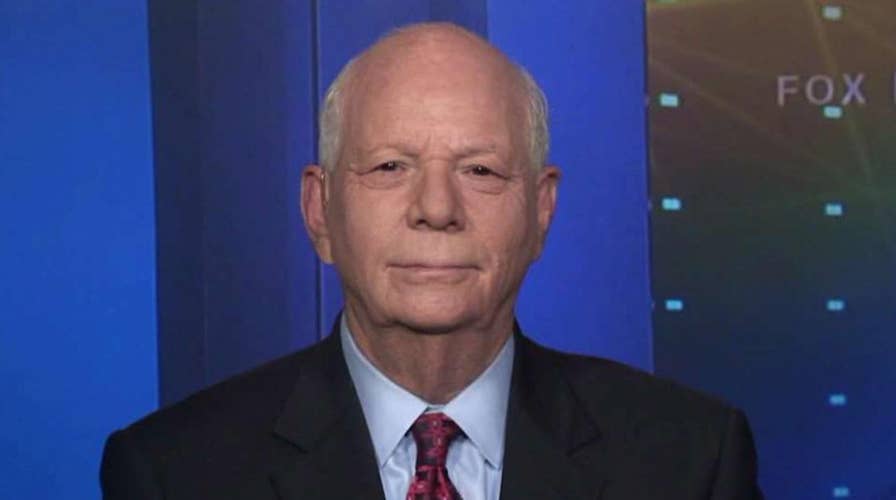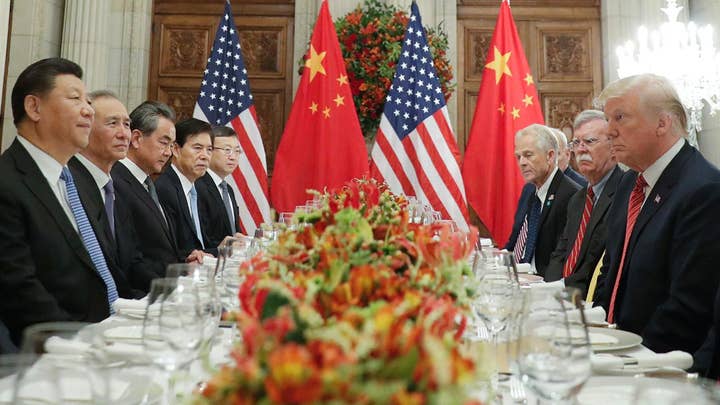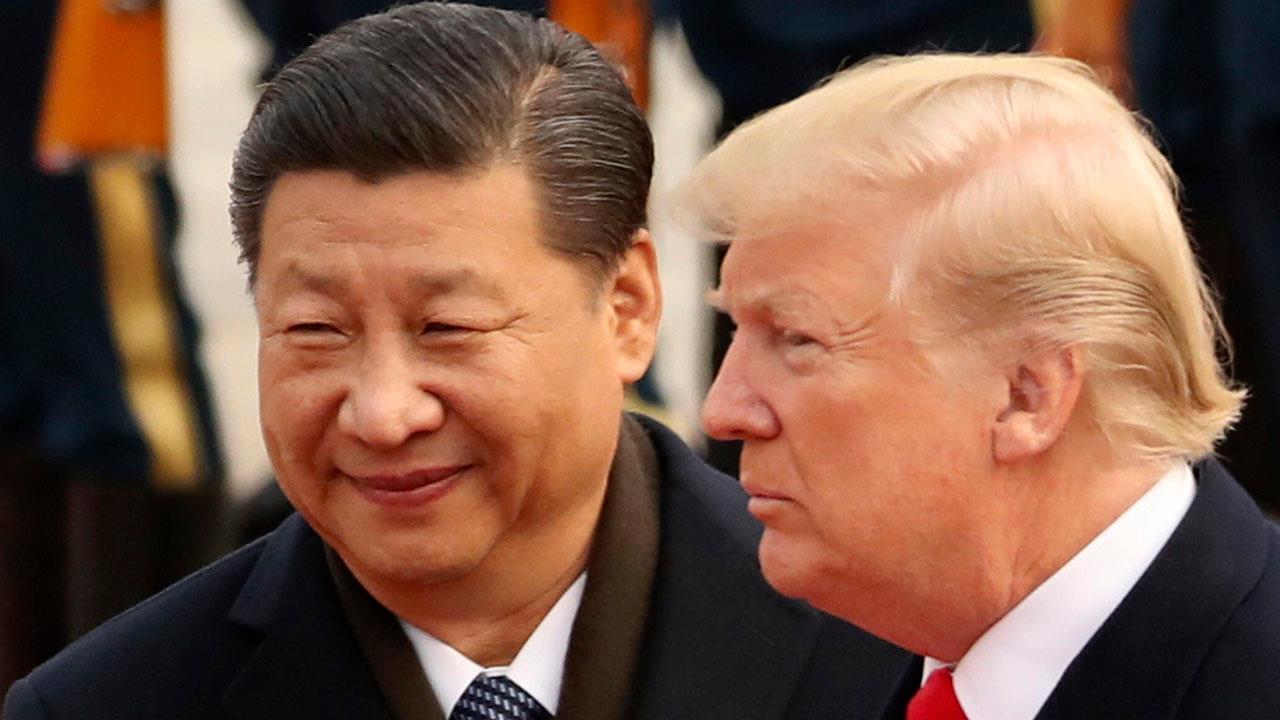Sen. Ben Cardin on Trump trade policies, Mueller probe
Democratic member of the Senate Foreign Relations Committee weighs in on 'Fox News Sunday.'
Maryland Democratic Sen. Ben Cardin, a member of the Foreign Relations Committee, exclusively told "Fox News Sunday" that President Trump bears responsibility for General Motors' decision last month to close five facilities and slash 15 percent of its North American salaried workforce.
His comments echoed complaints by Canadian Prime Minister Justin Trudeau, who was quoted by the Toronto Star at the G20 Summit in Argentina on Friday saying that GM's restructuring was "all the more reason why we need to keep working to remove the tariffs on steel and aluminum between our countries."
"I do think the way the president has gone about the trade policies, imposing tariffs -- there’s a consequence, there’s a domestic consequence," Cardin told host Chris Wallace. "And clearly General Motors' decisions are in part based upon the tariff issue, so yes it has an impact, and it costs us jobs here in America."
The GM closures in Ohio, Michigan, Maryland and Ontario drew Trump's ire and led him to threaten to cut all subsidies for the largest American automaker. The layoffs could affect up to 14,000 employees. GM will also cease production of several car models, including the Chevrolet Cruze and the Buick LaCrosse.
But Cardin sounded a positive note on the 90-day trade truce reached by Trump and Chinese President Xi Jinping, which brings a temporary halt to new tariffs between the U.S. and China, as well as the newly signed United States-Mexico-Canada Agreement (USMCA) trilateral agreement.
"President Trump has agreed that on Jan. 1, 2019, he will leave the tariffs on $200 billion worth of product at the 10 percent rate, and not raise it to 25 percent at this time," the White House announced. "Over the next 90 days, American and Chinese officials will continue to negotiate lingering disagreements on technology transfer, intellectual property and agriculture."
"Clearly, it is encouraging to see that we're talking with the Chinese on the trade front," Cardin said. "China has created many problems with trade, many obstacles for free trade. My concern about the president's trade policy is that his first action was to take tariffs against our closest allies based upon national security exceptions. We lost the unity that we needed in dealing with China."
Speaking separately to "Fox News Sunday," Missouri Republican Sen. Roy Blunt called for more details on the China truce, but agreed with Cardin that the news was positive.
"People like me who have really been concerned about the president’s stated trade policy can take some encouragement in what happened in the last couple of days, the signing of the U.S. Canada and Mexico agreement -- that’s a big step that 6 months ago or even just a few weeks ago we were concerned that we would not be making that kind of progress," Blunt said.
"And on the Chinese front you are right, we need more specifics here," he added. "I think it’s hard to win a trade war, and I also think, though, that the facts on the table with China are stronger than any other country in terms of our legitimate concerns, and the more other things that the president can move off the table -- whether it's Canada or Mexico, the EU, Japan -- the more of those things he can move off the table, the more flexibility he has with China."
The White House has bipartisan support for hitting back at Chinese intellectual property theft. In an interview in June, Senate Minority Leader Chuck Schumer, D-N.Y., ordinarily a fierce Trump critic, agreed with the administration's China policy and said that the country "takes total advantage" of the U.S.
“Not only do they steal our intellectual property, they keep our good companies out, and say the only way you’re going to be able to sell your American products in China … is if you come to China, make them there, and give us the techniques and intellectual property,” Schumer said.
For all the developments and progress at the G20, Trump appeared to be in a hurry to leave Argentina. He was filmed seemingly leaving Argentina President Mauricio Macri abruptly on-stage as he lingered awkwardly for a group photo, and was overheard instructing an aide on a hot microphone to "get me out of here."
















































